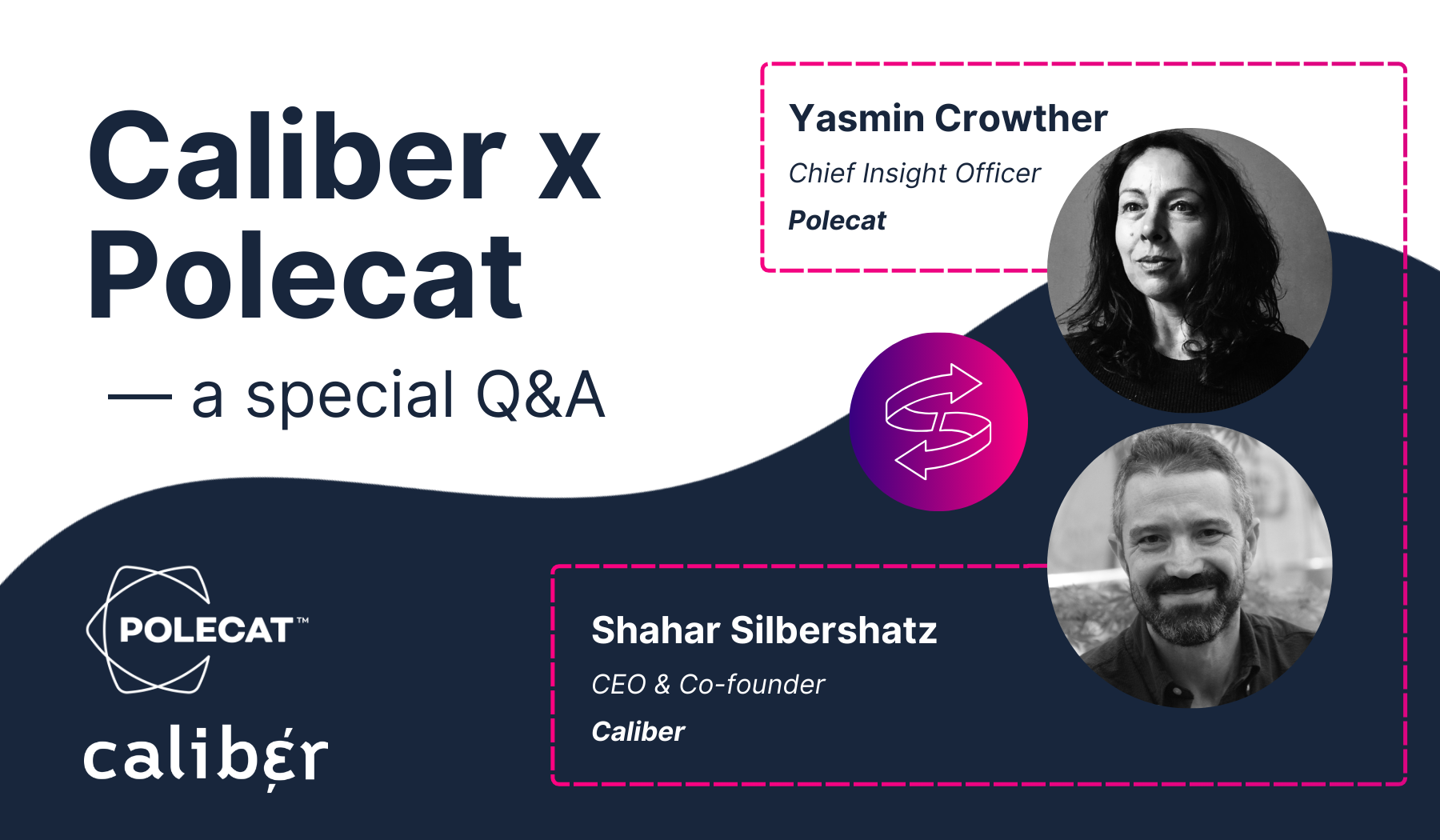

Conventional wisdom in our industry says that it pays to have a good reputation, as people are more likely to buy products and services from companies they trust. But does a good reputation really lead to better profitability? We decided to check this out – and we started by looking at the UK market.
When we examined the most well-known FTSE100 companies and compared their respective year-to-date reputation scores with their year-to-date profitability figures, we were hoping to find a nice upward-sloping regression line indicating a positive linear relationship between these two things. We didn’t.
Instead, we found that some of the country’s most trusted and liked companies, like Morrisons and M&S, were also the least profitable ones – while a company like HSBC was one of the most disliked and untrusted but also the most profitable. Does this mean that conventional wisdom is completely wrong?
We have several theories about why this is so, but we decided to gather some other experts to debate the topic. On 3 October 2018, we’ll be joining Lloyds Banking Group, Communicate magazine, and Repute Associates in a panel debate in London that attempts to delve deeper into this matter.






© 2024 Group Caliber | All Rights Reserved | VAT: DK39314320